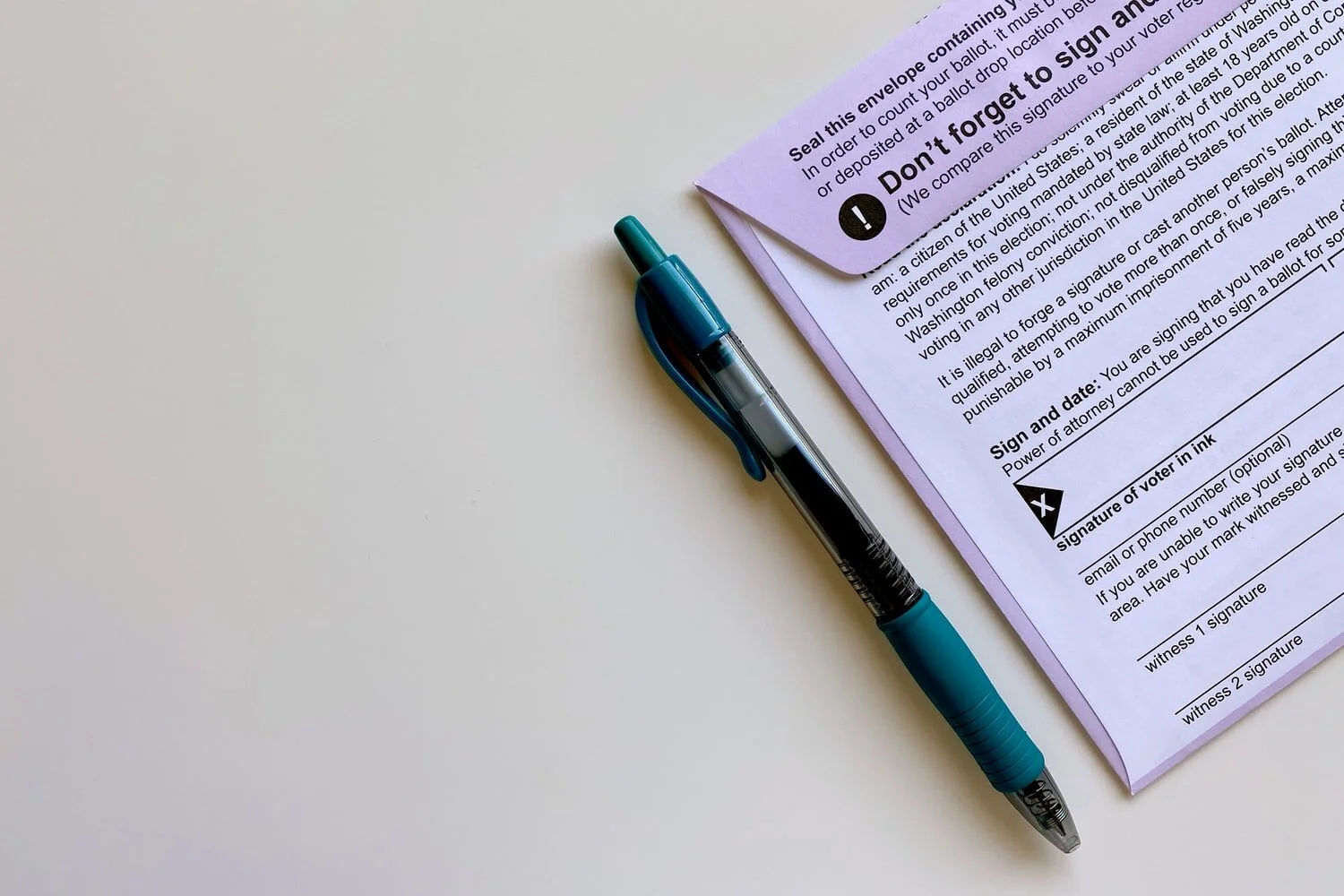Analysis | Top 5 California propositions college students should know
Voters in California can vote on 12 ballot initiatives that directly influence state policy and legislation in the general election. Unsplash
Although the Nov. 3 general election emphasizes the presidential race, Californian voters also need to consider 12 ballot propositions that cover a wide range of issues that allow registered voters to directly influence state laws.
The Thurgood Marshall Bar Association and Alpha Phi Alpha Fraternity hosted the “Black Leaders of Orange County (BLOC) and Ballots” voter education virtual event Oct. 1 to bring awareness to the ballot measures up for vote. Eleven panelists from a variety of organizations were present, including members of the Black Law Students Association of both Chapman University and the University of California, Irvine. As speakers helped guide an examination of the propositions, attendees filled out provided sample ballots that were emailed to them.
The event host, Charles Dorsey from the Nu Tau Lambda chapter of Alpha Phi Alpha fraternity, said the event served to discuss the implications and effects of the propositions. The event solely focused on analyzing the ballot propositions, as Dorsey expressed he does not feel any more information about candidates running for office is necessary to address.
“What we try to do is offer some content to simplify the voting process,” Dorsey said. “I believe that there’s enough content there to spin your head.”
The propositions on the ballot for the general election range from issues like affirmative action to rent control. Below are the five most important we feel Chapman students should know. All information is taken from Ballotpedia, ABC News, the California Official Voter Information Guide and the “BLOC and Ballots” event.
Proposition 16: Affirmative action
What it is: Proposition 16 would allow employers and universities to use affirmative action principles.
What it affects: Affirmative action affords particular consideration given to historically underprivileged groups based on sex, race, ethnicity or nationality in employment practices and education.
Supporters argue it will allow for more inclusion and would mitigate the effects of historic discrimination. Opponents argue that providing preferential treatment to any group constitutes as discrimination based on sex, race, ethnicity or nationality.
Proposition 18: 17-year-olds voting in primary elections
What it is: Proposition 18 would allow 17-year-olds, who would turn 18 by the time of the general election, to vote in primaries and special elections.
What it affects: Supporters argue anyone eligible to vote in a general election should also be able to participate in the rest of the electoral cycle. Opponents argue that, since 17-year-olds would still be minors during primaries and special elections, they should not be allowed to vote.
Proposition 21: Rent control
What it is: Proposition 21 would expand the ability of local governments to enact rent control for all kinds of housing.
What it affects: This would limit landlords to raise the rent after a tenant moves out up to 15% in the following three years.
Supporters argue that California’s housing market is too expensive and that renters need protections. Opponents argue the proposition could disincentivize builders from building more housing.
Proposition 22: App-based drivers’ employment status
What it is: Proposition 22 would classify app-based drivers like Uber, Lyft and Doordash as independent contractors, not employees. The measure is backed by Uber and Lyft following California Gov. Gavin Newsom’s passing of Assembly Bill 5 that limits the use of independent contractors.
What it affects: Opponents point out that workers would not be covered by state labor laws, which means they are unable to reap the benefits of being employees like filing for sick leave, healthcare and unemployment. However, supporters, such as the rideshare companies themselves, argue that with the pandemic already taking a toll on many of these services, this new classification could result in tremendous financial loss.
Proposition 24: Consumer data privacy
What it is: Proposition 24 would revise the California Consumer Privacy Act to respect requests by consumers not to share their data and to ask permission before collecting data on minors.
What it affects: Supporters argue this proposition would expand consumer data privacy laws and, if passed, would also create a new state agency to oversee this. Opponents argue that creating this agency would be costly and reduce privacy rights by acting as a “privacy poll tax” that gives large corporations power over individuals who lack financial and legal resources.
A partial recording of the BLOC and Ballots voter education event is available, missing only the overview of Proposition 16.
Dorsey believes it’s crucial for individuals to examine the propositions closely and take on the responsibility of understanding what is on the ballot.
“The onus of understanding is still on the viewer,” he said. “Please do your research.”

